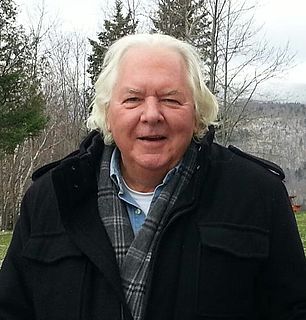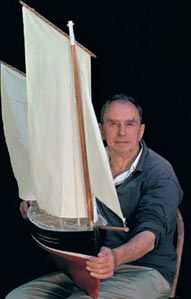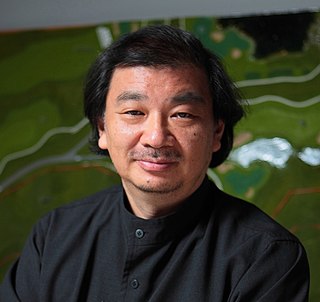A Quote by Elaine Equi
In the past things were either in your head (subjective, imaginary, fantasy) or else they were part of the outside world - cold, hard, concrete materialistic reality. If you want to look at it in terms of poetry, there was surrealism and objectivism. Now there's the veil of the virtual in between. The old opposition between inner and outer doesn't quite capture it, especially as it contains elements of both. It's real but not concrete.
Quote Topics
Related Quotes
I define Inner Space as an imaginary realm in which on the one hand the outer world of reality, and on the other the inner world of the mind meet and merge. Now, in the landscapes of the surrealist painters, for example, one sees the regions of Inner Space; and increasingly I believe that we will encounter in film and literature scenes which are neither solely realistic nor fantastic. In a sense, it will be a movement in the interzone between both spheres.
Whenever you are able, have a "look" inside yourself to see whether you are unconsciously creating conflict between the inner and the outer, between your external circumstances at that moment - where you are, who you are with, or what you are doing - and your thoughts and feelings. Can you feel how painful it is to internally stand in opposition to what is? When you recognize this, you also realize that you are now free to give up this futile conflict, this inner state of war.
The problem is one of opposition between subjective and objective points of view. There is a tendency to seek an objective account of everything before admitting its reality. But often what appears to a more subjective point of view cannot be accounted for in this way. So either the objective conception of the world is incomplete, or the subjective involves illusions that should be rejected.
If you're having a very high-adrenaline, high-movement experience in virtual reality, and then all of a sudden you're back in your office, that disconnect is pretty notable. Whereas if you're using it for virtual reality teleconferencing... there's really no kind of impact moving back and forth between the real and the virtual world.
I have a feeling Virtual Reality will further expose the conceit that 'reality' is a fact. It will provide another reminder of the seamless continuity between the world outside and the world within, delivering another major hit to the old fraud of objectivity. 'Real,' as Kevin Kelly put it, 'is going to be one of the most relative words we'll have.'
The inner world is the world of your requirements and your energies and your structure and your possibilities that meets the outer world. And the outer world is the field of your incarnation. That’s where you are. You’ve got to keep both going. As Novalis said, ‘The seat of the soul is there where the inner and outer worlds meet.
For me, there's no difference between what's temporary and what's definitive. I built the church in Kobe, which was supposed to be temporary, and people liked it so much that there's a version of it still there today - unlike some concrete buildings that were just built for money and that can be destroyed from one day to the next. Concrete can be very fragile during earthquakes.
Poetry is the essence of everything, and it’s through deep contact with reality and living fully that you reach poetry. Very often I see photographers cultivating the strangeness or awkwardness of a scene, thinking it is poetry. No. Poetry is two elements which are suddenly conflict — a spark between two elements. But it’s given very seldom, and you can’t look for it. It’s like if you look for inspiration. No, it just comes by enriching yourself and living.
Photography is an investigation of both the outer and the inner worlds. The first experiences with the camera involve looking at the world beyond the lens, trusting the instrument will 'capture' something 'seen.' The terms shoot and take are not accidental; they represent an attitude of conquest and appropriation. Only when the photographer grows into perception and creative impulse does the term make define a condition of empathy between the external and the internal events.
As instruments for knowing the objects, the sense organs are outside, and so they are called outer senses; and the mind is called the inner sense because it is inside. But the distinction between inner and outer is only with reference to the body; in truth, there is neither inner nor outer. The mind's nature is to remain pure like ether.







































